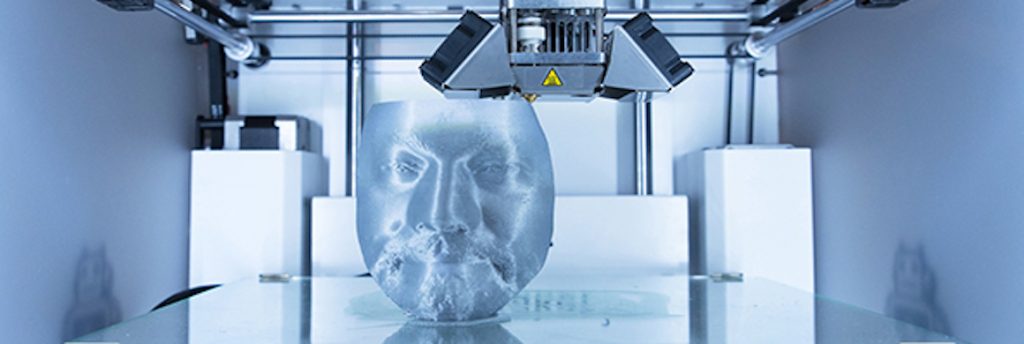Sloan 3-D Printing Study Examines Potential Industrial Impact

MIT Sloan School of Management recently discussed ways industry may lose themselves “waiting for the mass-market application” of 3-D printing.
Sloan Fellows Supesh Jain and Tafadzwa Magaya published research that “outlines conditions that make markets most receptive to the widespread adoption of 3-D printing to help investors and businesses evaluate whether a potential application is worthwhile.”
One application where 3-D printing will be invaluable is in customer customization, particularly within inflexible traditional manufacturing. The article points to Cyborg Beast, a startup that designed a $509 prosthetic hand, compared to the 5-figure going rate for most prosthetic limbs.
Another application is in manufacturing rare replacement parts for vintage automotive and transit needs where the systems are so old the owners often refurbish the machinery themselves. Magaya explains, “3-D printing allows you to design and make parts in a way that is simply unavailable with traditional manufacturing methods.”
3-D printing can offer comprehensive insights into manufacturing for companies that are “fully integrated across the supply chain.” Small, affordable 3-D printed design tweaks “might produce efficiencies.” The authors point to General Electric’s Leap engine, which incorporates 3-D-printed parts. The hyper-efficient is expected to save “$1.6 million in fuel costs per airline per year.” Magaya explains, “The 3-D printed parts were able to help achieve fuel efficiencies that would have otherwise required an improvement in the core technology.”
Magaya and Jain believe unique 3-D printing applications—like those companies that print human tissue and others that print meat—could dramatically impact the labor force for the better. “Growing political will and pressure to develop manufacturing jobs nationally, coupled with 3-D printing’s ability to redefine conventional blue collar jobs into a creative, high-tech endeavor, may attract the millennial workforce back into the manufacturing industry.”
